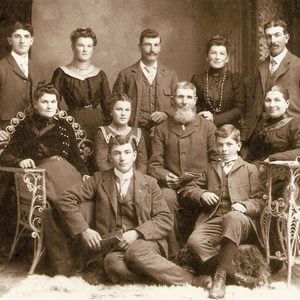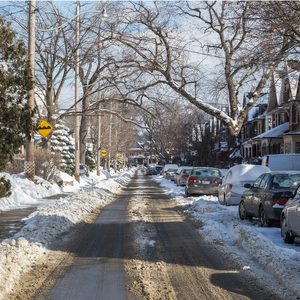The Long Road to Canada
After my family was forced to leave Uganda in the 1970s, coming to Canada became my life-long dream. Here's how I made it—with the help of family and friends along the way.
President Idi Amin of Uganda made an announcement to his people in August 1972, saying, “I have dreamt that, unless I take action, our economy will be taken over. The people who are not Ugandans should leave.”
The president ordered every Asian to leave the country within 90 days, thus thrusting the large Asian community into a state of shock. Each family was allowed to leave with $55 and a few belongings. All other monies and assets were frozen.
My parents had emigrated from Goa, India, 30-years previously. I was born in Uganda and had taken for granted that Uganda would always be my home. The British government was in no position to absorb an influx of 50,000 Asian holders of British passports in such a short time.
Negotiations between the British government and President Idi Amin began immediately. The Asian community hoped that his unprecedented decision would be reversed, but the president was adamant.
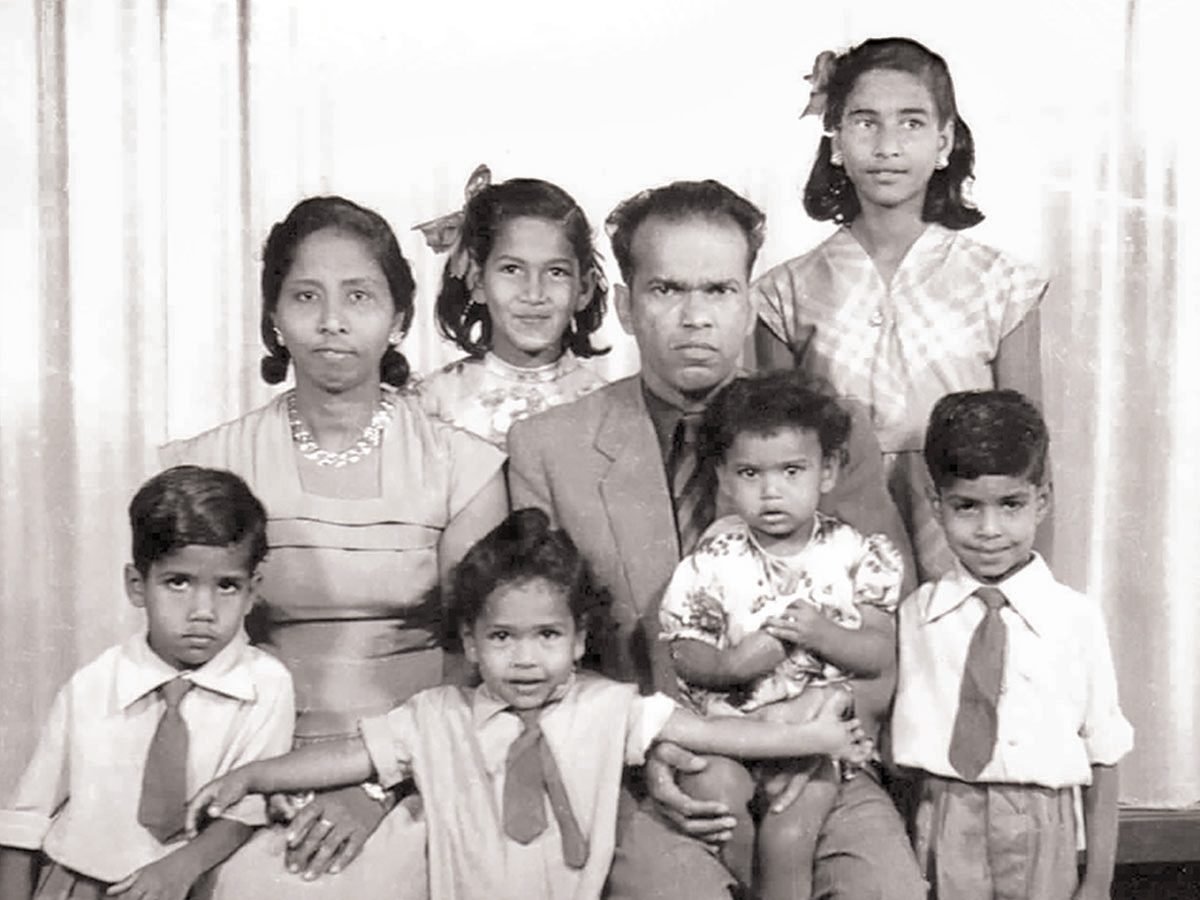
Fortunately, the Canadian government stepped in and agreed to help the refugees. Prime Minister Pierre Elliot Trudeau, in partnership with the Aga Khan, agreed to resettle 8,000 Ugandan-Asian refugees by the end of 1974. This was Canada’s first major resettlement of non-European refugees in Canada.
My sister, Matti, and brother, Placido, passed the screening test set by the Canadian High Commission three days before the deadline and made their way to Montreal in November 1972. My parents ultimately opted to return to Goa and brought me with them, since I was underage and did not qualify to go to Canada. I continued my studies in Goa at a college that was affiliated with the University of Bombay. My parents could barely pay my school fees. I was left with no money to buy textbooks. Fortunately, fellow students came to my rescue, lending me the books that I used to study during the better part of the night and returned the books the following morning.
Life was a constant struggle in our village house in Goa. There was no electricity or running water, amenities that we took for granted in Uganda. My brother and sister wrote about their lives in Canada. They had glowing reports of the Canadian way of life that I absorbed and was happy to learn more about. It was then instilled in my mind that I would immigrate to Canada eventually.
After two difficult years in India, this dream was about to become a reality when my brother and sister sponsored me to come to Canada. I made several trips to Bombay for my interview and medicals. I was ecstatic when I passed the screening process and was destined to go to Canada.
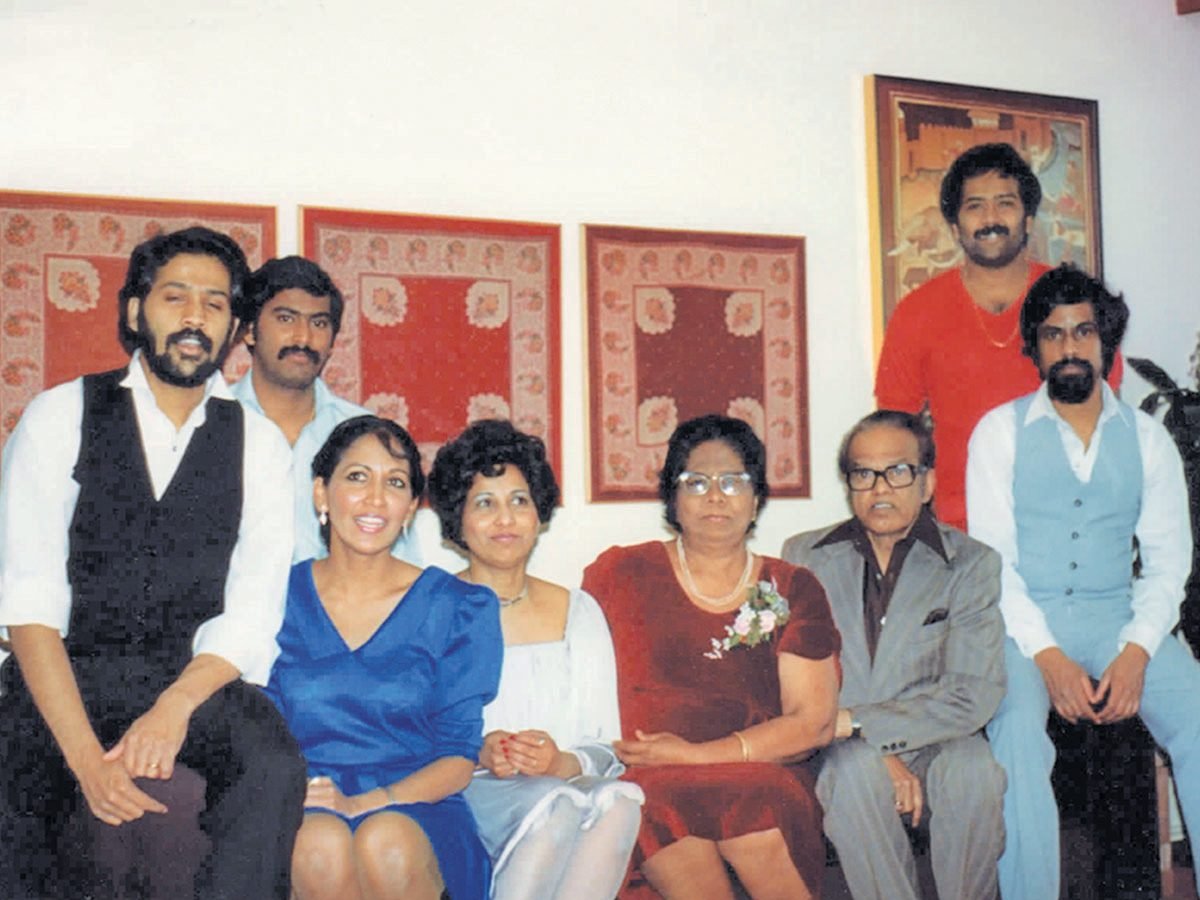
It was a joy to see my brother and sister for the first time after two years. I was excited about starting my life in this great country. With only two dollars in my pocket, it was imperative that I find a job. I was refused employment on the grounds of having no “Canadian experience.” That was tough to swallow. How could I gain Canadian experience without being given a chance to get a job in Canada?
However, a friend of mine was able to get me into an engineering firm as a junior draftsman. Although I started working in Montreal, I was soon sent to Fermont in northeastern Quebec. The job allowed me to save money to return to university. The only English university in Montreal that offered a program in chemical engineering, my preference, was McGill, but I realized the prestigious university was unlikely to accept me without having any Canadian schooling. Instead, I decided to first apply to the Faculty of Engineering at Concordia University, where I was accepted.
Long hours of hard work and determination helped me achieve excellent grades in my first year. I then applied to McGill University, confident that I would be accepted into chemical engineering for the for the new semester. I was devastated for a time after my application was rejected.
Thanks to a professor I knew at Concordia, I was put in touch with a man named Sheldon Azimov, who hired me during the summer to help out with his home business. Sheldon’s mother felt sorry for me and took me under her wing, treating me like a son. Mrs. Azimov was the one who suggested that I question why my application had been rejected by McGill University.
I took Mrs. Azimov’s advice and decided to call McGill during the Christmas break. I spoke with a Professor Douglas, informing him of my efforts and ongoing desire to attend McGill. He graciously agreed to meet with me, asking that I bring all my credentials and transcripts with me. Whatever the learned man did on my behalf after forwarding my case to the admissions office, I did not know, but two weeks later, I was accepted to study for a Bachelor’s degree in Chemical Engineering.
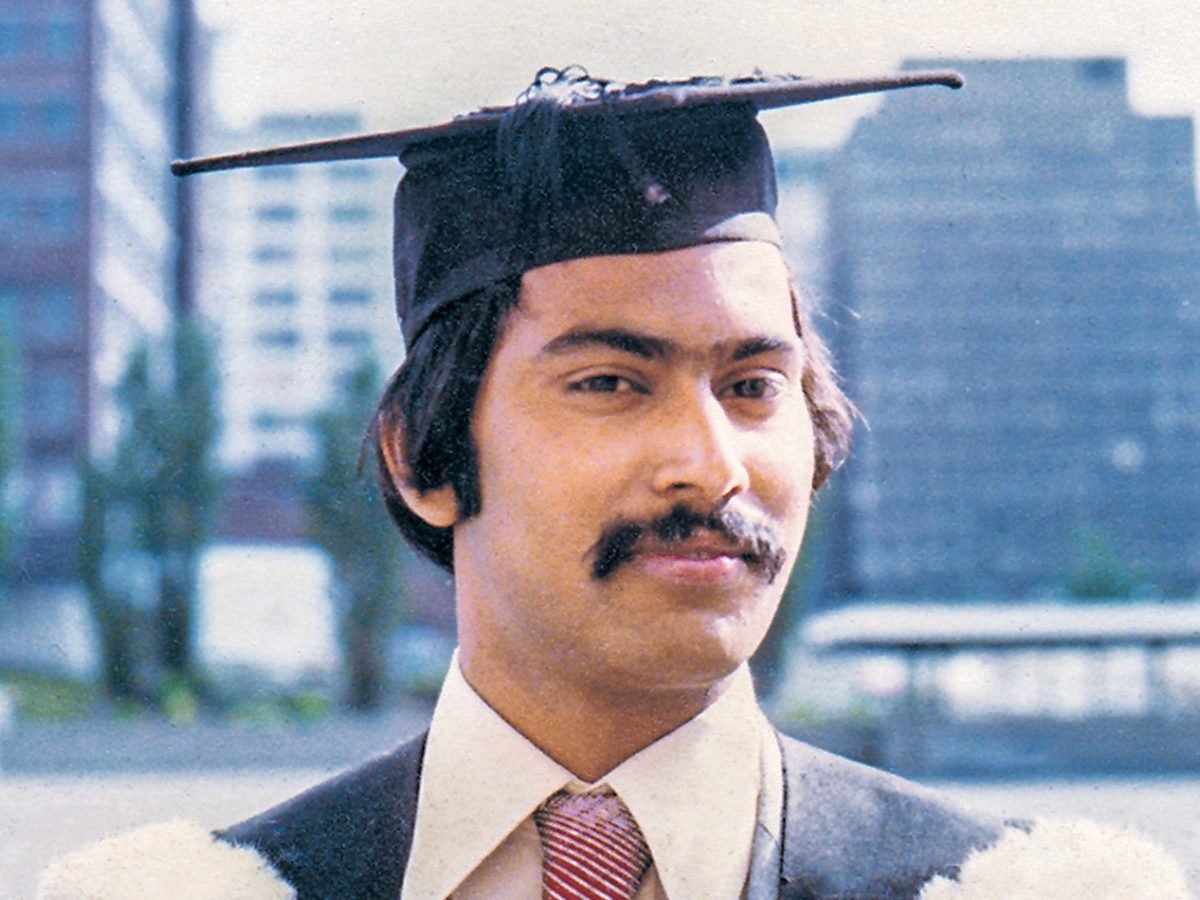
I however needed more money to be able to continue my studies at McGill, so I reached out to student aid for both a loan and bursary, and was initially refused. The student advisor I spoke with afterwards, David Elisha, was puzzled why I had been declined, given my dire financial situation, and decided to look into my application a little further. I was granted a loan and bursary a few months later, and together with steady summer employment and every odd job I could find, I was able to make ends meet.
I graduated with my Bachelor’s degree in Chemical Engineering in 1980 and set off to work in my field of study. I would go on to work for Union Carbide for eight years, where I eventually became a lead process engineer. I then moved on to Suncor Energy and have held several different titles during my 31 years of working for them. I am grateful to the many people who helped me in the pursuit of my education and the establishment of a rewarding life and career in Canada. My biggest thanks of all go out to my family, my sister and brother in particular, and to this beautiful country for giving me the opportunity to achieve my life-long dream.
Next, check out what one recent immigrant wishes he’d known before moving to Canada.
